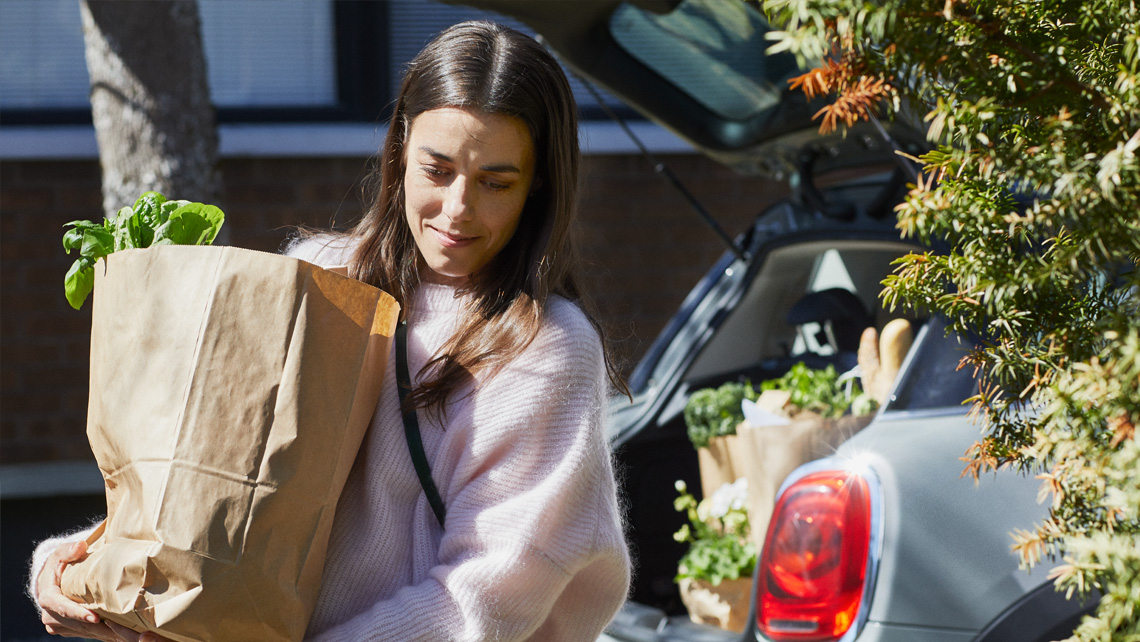Food packaging plays an often overlooked role in the total environmental footprint of food items, affecting both product shelf-life and waste recyclability. We investigated consumers’ views on food packaging materials, food shopping and food waste. More than 4,000 respondents participated in the survey conducted by our third-party research partner Taloustutkimus.
“We are actively researching trends and developments relating to the food packaging topic, as we are part of the value-chain for fiber-based solutions. When asked which parties can do the most to reduce plastic waste related to food packaging, the vast majority of respondents felt that the food brands have the main responsibility. This is an interesting finding. We know that brand-owners are actively working to address this. However, it’s a complex matter as brands are often global but regulation is local. We hope to see the big, global challenges taken into consideration in local legislation, and expect some predictability into the regulatory future. Sustainable and renewable solutions require consistent, long-term joint effort,” says Antti Matula, Vice President of Product Lines and Business Development at Kemira.
When it comes to the features of food packaging, the key consumer priorities across all markets relate to the hygiene and leak-proof properties of the container, but packaging material itself is also considered important. 85% of the Chinese, 55% of the Germans, 46% of the US citizens, and 44% of the Finns respond positively to statement “I’m willing to pay more for renewable packaging in food (such as carton or other bio-based materials)”.
80% of Finns and Germans and 40% of Chinese and US citizens say they always recycle carton.
Many are recycling their packaging already: around 80% of the Finnish and German respondents said they always recycle carton products. In the United States and China, about 40% of respondents said they always recycle carton. In all other countries apart from the USA, plastic is much less frequently recycled.
The global discussion on plastic is also reflected in the survey, as the majority of respondents indicated they were trying to reduce the amount of plastics in their lives. In Germany, 83% of respondents agreed with this view, with Finland at 67%, the USA 58%, and China a staggering 93%.

